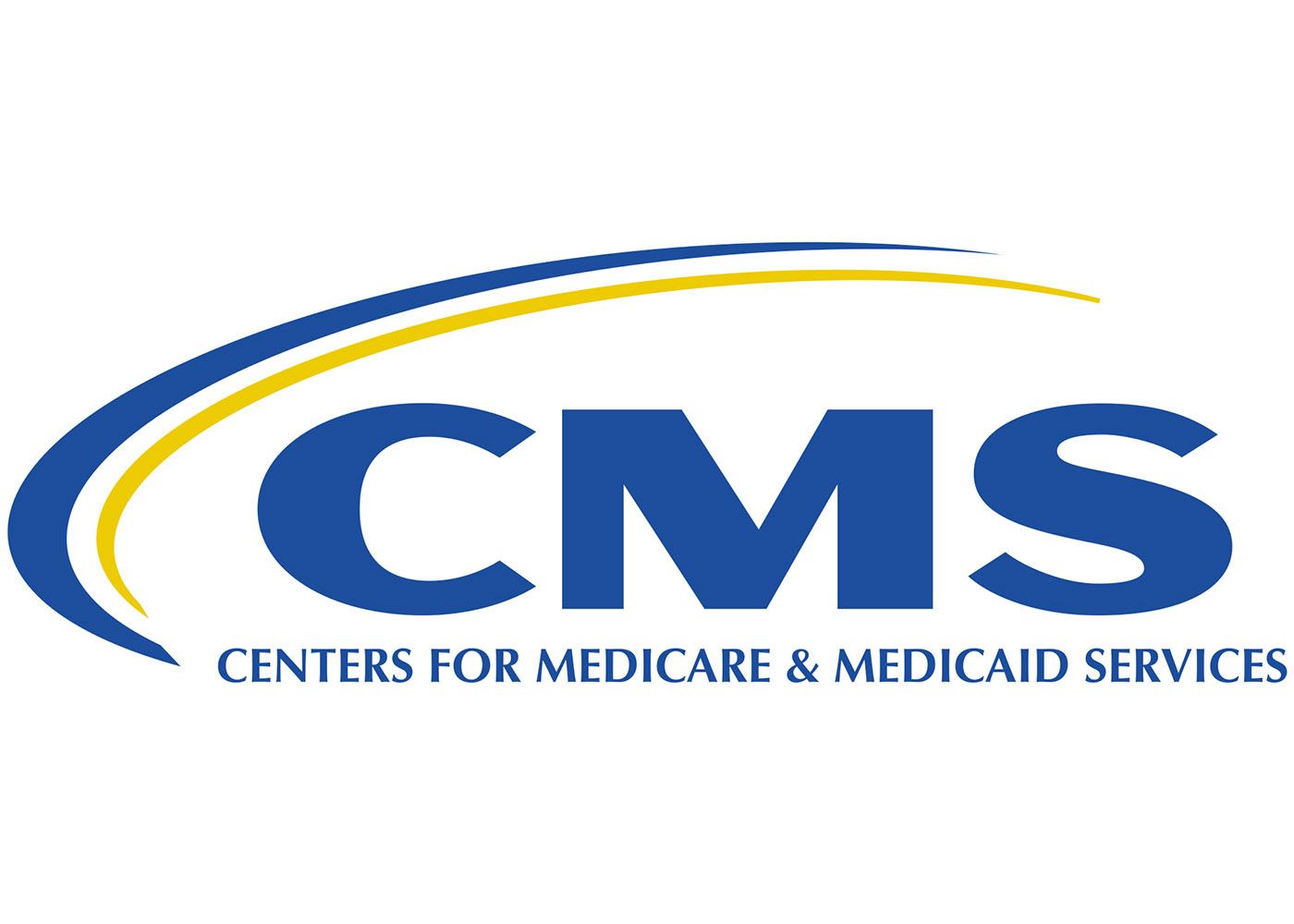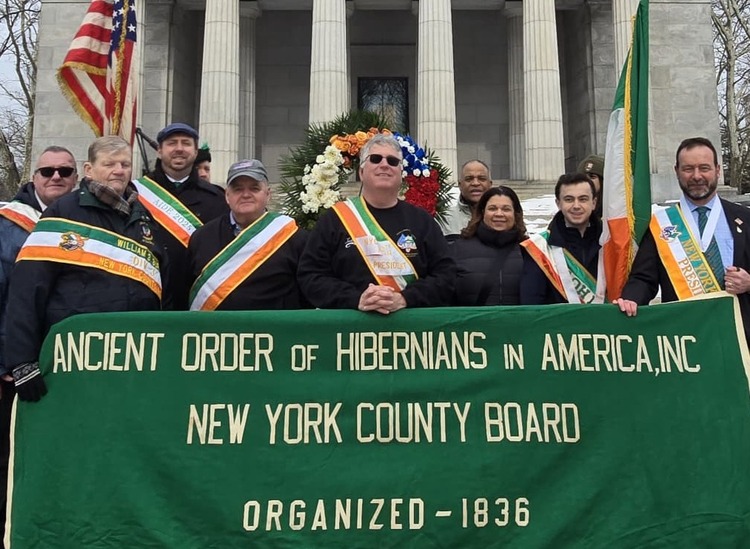The news that former president Joe Biden has been diagnosed with an aggressive form of prostate cancer is indeed sad.
But in a health care system that is very much top down at least Biden can be assured of first rate care and treatment. This is not the case for all Americans.
Granted, the standard of medical science in the United States is unmatched. If you have a life threatening condition this is a good place to be. That's assuming you have health coverage.
For most Americans the Holy Grail of health coverage is Medicare. Somewhat less holy is Medicaid.
Medicaid, established in 1965 as part of the Great Society set of programs during President Lyndon Johnson’s presidency, is a government program that provides health insurance for adults and children with limited income and resources.
The program is partially funded and primarily managed by state governments, which also have wide latitude in determining eligibility and benefits. But the federal government sets baseline standards for state Medicaid programs and provides a significant portion of their funding.
States are not required to participate in the program, but all have done so since 1982. Medicaid was significantly expanded by the Affordable Care Act of 2010.
Some Republicans in Congress are now trying to scale back Medicaid and make access to it more difficult.
The American Republic will be 250 years in existence next year. And here we are. Citizens can not be fully assured that their health is a matter of primary concern for those charged with making their lives on earth a more extended prospect.
Higher up the medical ladder there is Medicare. For millions of Americans, those 65 years of age and upwards, this is indeed a most Holy Grail. Medical coverage during working years comes with jobs, or if not, by means of the aforementioned Medicaid.
Medicare is paid for by both government and the recipient. For the individual there's the payment for basic Medicare which covers 80 percent of potentially required care and treatment.
Then there's the remaining 20 percent which is covered by private health insurance. This gap is indeed a gap because the private health insurance industry is notorious for saying no to treatment applications.
This aspect of U.S. health care is little more than a protection racket with distinctly uncertain levels of protection. Not a few Americans have suffered insolvency due to denial of coverage - even when facing traumatic, life threatening health issues.
Above and beyond all this there is payment for prescription drug plans and payments for actual drugs. The price of drugs has been something of a political football for years. Anyone who watches regular TV will be acutely aware of the overwhelming presence of a myriad array of drugs for conditions that you might be aware of, or conditions that you have never heard of.
Again, being ill in America is a better state than being ill in many parts of the world. But not all parts. Canada and pretty much all of Europe, Ireland included, offer medical care that does not see the individual enter an early grave as a result of worry over money.
No health care system is perfect of course. And what some would call "socialised" care for sure has its downsides. But you would find few in countries that function in this way who would want to trade it for the American model.
But try telling that to some of the hard heads in Congress who see affordable health care as more of a privilege than a right.
We wish all the hard heads good health and long life. This is not an idle wish. They all, of course, have top dollar health coverage.








